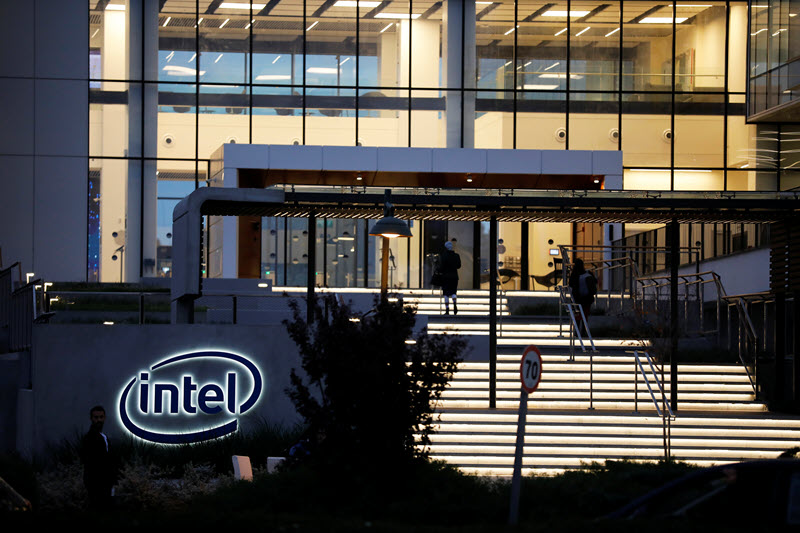This post was originally published on this site

Bernstein analysts said in a research note Wednesday that the current PC market correction “likely still has some ways to go.”
In their note focused on semiconductor stocks, the analysts explained that after two years of pandemic-fueled demand pull-forward, the PC market is now firmly in correction — especially notebooks.
“In fact, overall PC shipments declined by almost 30% YoY in Q4, one of the absolute worst quarters for PC growth in the history of the industry,” they revealed.
However, they noted that it only looks bad in comparison to the pandemic dynamics.
“We note that most PC forecasts have the industry returning to pre-COVID levels this year. In fact, Q4’s horrendous PC numbers were not horrendous at all compared to that baseline, with Dec-Q notebook shipments (at close to 50M units) dead in-line with the levels seen prior to the pandemic,” the analysts continued. “But channel inventory does appear to be draining in both notebook and desktop CPUs.”
They explain that notebook CPUs are now under-shipping notebook PCs by 25%, the most prominent negative divergence they have seen. The analysts stated this is perhaps not a surprise given the “still-awful client results posted by both Intel and AMD.”
However, the analysts declare that the correction still has some time to go, adding that Intel (NASDAQ:INTC) “still seems to be taking actions to prolong the correction.”
“Over the last several quarters Intel has been incentivizing customers to pull forward purchases at an accelerating rate (~$1B in revenue pull-forward in Q2, ~$1.5B in Q3, and ~$1.7B in Q4;) as they presumably attempt to use capacity as a weapon, and leave less room on the shelf for their customers to stock AMD parts,” wrote the analysts. “But this suggests that the channel drain will take longer than it should, as customers, even if flushing out inventory, are still likely buying more parts than they otherwise would have.”

